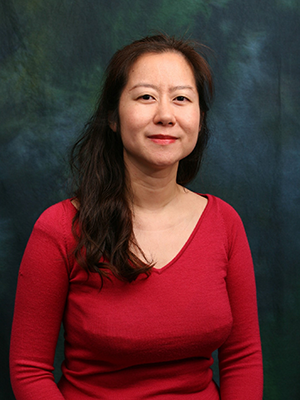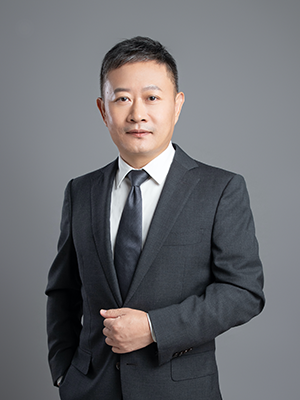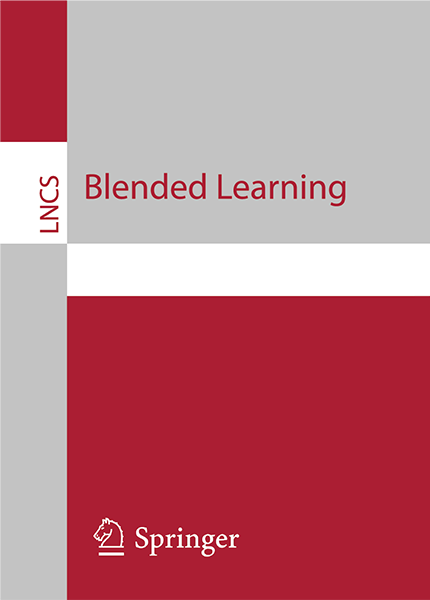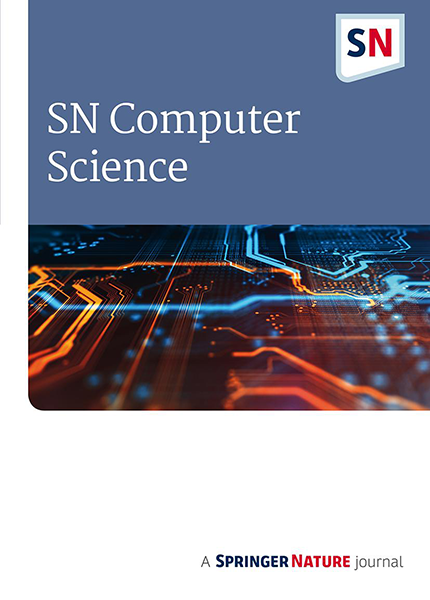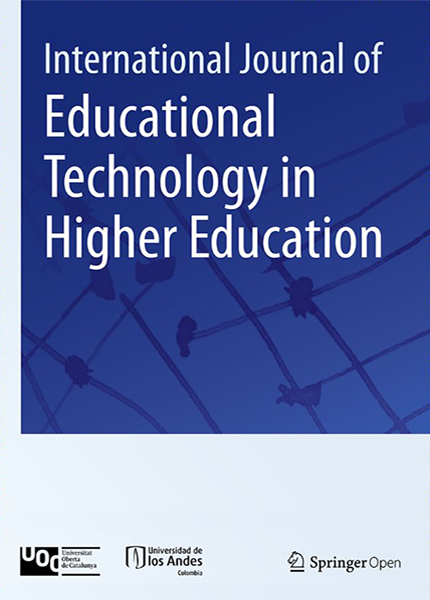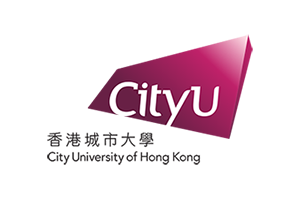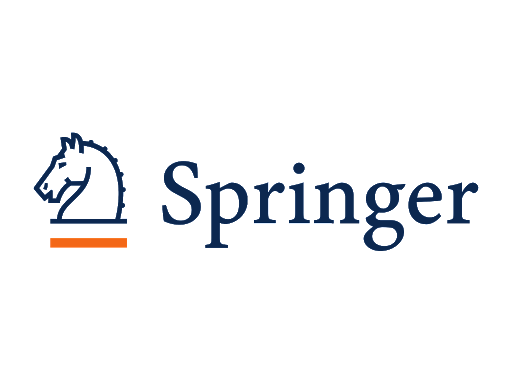
You are cordially invited to participate in the 15th International Conference on Blended Learning (ICBL 2022) to be held in Hong Kong SAR, China (Online) from 19 to 22 July 2022.
Blended learning has become one of the promising approaches to teaching and learning. It aims to integrate traditional learning with innovative means, such as mobile learning and open online learning, in order to improve learning effectiveness and enrich learning experience. Inevitably, this introduces revolutionary changes in the learning process. It is time for researchers and practitioners to re-think and re-define the whole learning process that is conducive to effective blended learning.
ICBL 2022 aims to provide a platform for knowledge exchange and experience sharing among researchers and practitioners in the field. The conference theme is Blended Learning : Engaging Students in the New Normal Era. Original papers reporting novel applications of blended learning are welcome. ICBL 2022 covers topics related to blended learning including, but not limited to:
- Adaptive Learning
- Assessment for Blended Learning
- Computer Supported Collaborative Learning
- Content Development for Blended Learning
- Enriching Learning Experience with Blended Learning
- Experiences in Blended Learning
- Game-based Learning
- Improved Flexibility of Learning Processes
- Interactive Blended Learning Systems
- Open Education Resources
- Organizational Frameworks for Blended Learning
- Pedagogical and Psychological Issues
- Personalized Learning
- Practices in Borderless Education
- Strategies for Blended Learning
Paper Submission: Original papers should be written in English and submitted by 31 January 2022. Your paper should follow the Springer's Lecture Notes in Computer Science format in 10 to 12 pages. The Conference Proceedings will be published by Springer under the Lecture Notes in Computer Science Series. Best/Excellent Paper Awards (with cash prizes sponsored by Springer) will be granted to authors of papers with exceptional merits. Authors of selected good papers will be invited to submit extended papers (with substantial new contents) to the International Journal of Educational Technology in Higher Education (SSCI, Q1) and the SN Computer Science (Innovation and Technology in Education Section). They need to undergo the usual review process.
Dr Stephanie Moore
Assistant Professor, College of University Libraries and Learning Sciences
The University of New Mexico
The Joyous Paradox of Making the Multitude the Norm: Blended Learning as a Reconstructive Act
ABSTRACT. As educational decision makers and learning design professionals alike explore how to move beyond emergency measures enacted during the pandemic, much conversation centers around the idea of the “new normal.” In this paper, I explore the idea of the “new normal” along with why blended learning has such strong appeal as both a micro and macro strategy. Metamodernist theory helps to frame the discussion on how seemingly contradictory ideas may be brought together and how blending is a form of reconstruction.
Dr Grace Ngai
Associate Professor, Department of Computing
Head, Service-learning and Leadership Office
The Hong Kong Polytechnic University
Nurturing Socially Responsible Global Citizens through Blended Learning: A Journey through Technology-Enhanced Service-Learning
ABSTRACT. Global Citizenship and Social Responsibility are attributes that we wish all our students to have. Service-learning has been shown to be effective at nurturing these attitudes in students, and as such, it has been gaining in popularity in higher education, in Hong Kong and worldwide. However, COVID-19 brought many service projects to a screeching halt. Forced to adapt, many teachers adapted techniques from their online teaching for service-learning. From these stopgap approaches grew innovations that consider blended learning and online communications not just as a Plan B, but as a critical part of the learning experience which could not be achieved otherwise. This paper describes some of these innovations, and suggests some salient issues that have to be addressed for student learning to be successful.
Prof Sorel Reisman
IEEE Fellow
Professor Emeritus, College of Business and Economics
California State University-Fullerton
Transitioning eLearning in a Transitioning Instructional World
ABSTRACT. Because of Covid 19, remote teaching (oftentimes called eLearning), once a supplementary mode of instruction, has emerged as the primary method of teaching at all levels of education. Open Educational Resources (OER), a previously underused resource, can be an important source of content in the emergent eLearning environments. This session explores the importance of conventional course syllabi, revitalized and enhanced by OERs, in enhancing those virtual teaching/learning environments. It then explores some future scenarios for eLearning in a post-pandemic world.
Prof Jianhua Zhao
Professor and Associate Director, Center for Higher Education Research
Southern University of Science and Technology
Future Education and Talents Cultivation: A Knowledge Building Approach
ABSTRACT. New era of 21st century and knowledge society required new talents with creative thinking and problem-solving skills, which has become a base for cultivating the new talents for future education. Education transformation has been becoming a popular issue currently in the field of basic and higher education. The representative typical approach of education transformation is knowledge-dominated approach which has been transmitted to competence-based approach. This paper investigates the theoretical base for supporting future education and talents cultivation. A Knowledge Building Approach (KBA) has been applied to explore the way for exploring the new talents cultivation. Based on the results of two experimental studies, the KBA can be used for improving students’ problem-solving and creative thinking skills.
The Conference Proceedings will be published by Springer under the Lecture Notes in Computer Science Series. Authors of selected good papers will be invited to submit extended papers (with substantial new contents) to the International Journal of Educational Technology in Higher Education (SSCI, Q1), the SN Computer Science (Innovation and Technology in Education Section), and a Special Issue "Sustainable Inspiration of Flexible Education" in Sustainability (SSCI, SCIE, open access). They need to undergo the usual review process.


